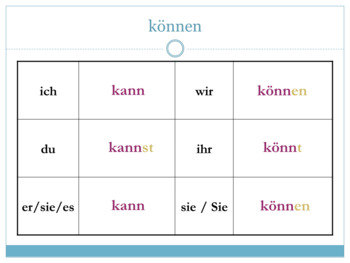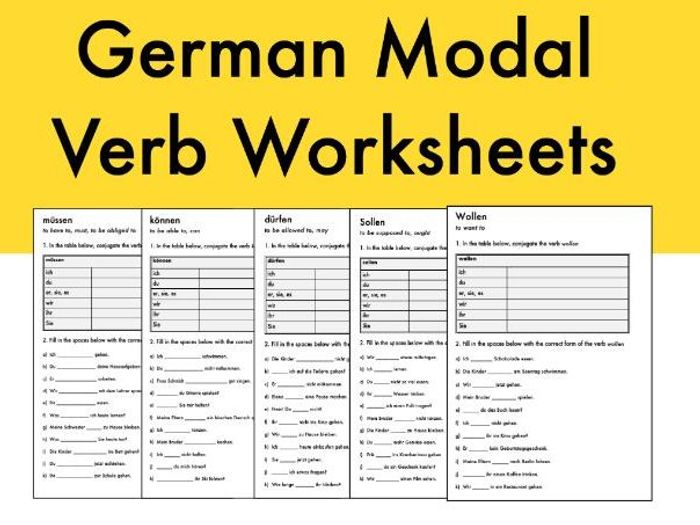

Students fill in the blanks in the sentences under the pictures using “must” or “mustn’t” and a suitable verb from the list provided. It includes several exercises on their use.

This worksheet is about the use of should & shouldnดt. Modals for ability, logical conclusion, necessity, obligation, permission, possibility, prohibition and requests.Ĭomplete with the suitable modal verbs choose the correct meaning rephrase the sentences using suitable modal verbs. Here students give advice using “should” or “shouldn’t” + one of the verbs in the list provided.THE KEY IS INCLUDED. Second worksheet of a set of three on health problems. SHOULD - SHOULDNดT ( HEALTH PROBLEMS ) KEY INCLUDED

This lesson shows you the structure and gives links to practice exercises. Three exercises to practise can and canดt. Modal verbs of ability, can and could, show the ability to do something or not. Hugs!Ĭonsolidation exercises about some MODAL VERBS. Worksheet to learn/study the different uses of modal verbs. SUMMARY OF MODAL VERBS (B&W VERSION INCLUDED) But here too, the first- and third-person singular are identical.2 easy exercises to practice the Affirmative and negative of modal verb CAN. This is because möchten is a special form of the verb mögen. The verb möchten is conjugated differently from the other modal verbs.
(20 questions) Verb DRFEN - Frequent Verbs (20 questions) Verb.
The modal verb wollen expresses a desire or intention:

In the singular the vowel ü changes to u. If he does not study this will have negative consequences for him.) Nico muss studieren. (His parents are putting pressure on him. The modal verb müssen expresses a necessity or compulsion: In the singular, the vowel ö changes to a. Nico kann studieren. (He has the mental ability and the financial means to study.) The modal verb können expresses an ability or possibility: So far you know three modal verbs : können, müssen and wollen:


 0 kommentar(er)
0 kommentar(er)
